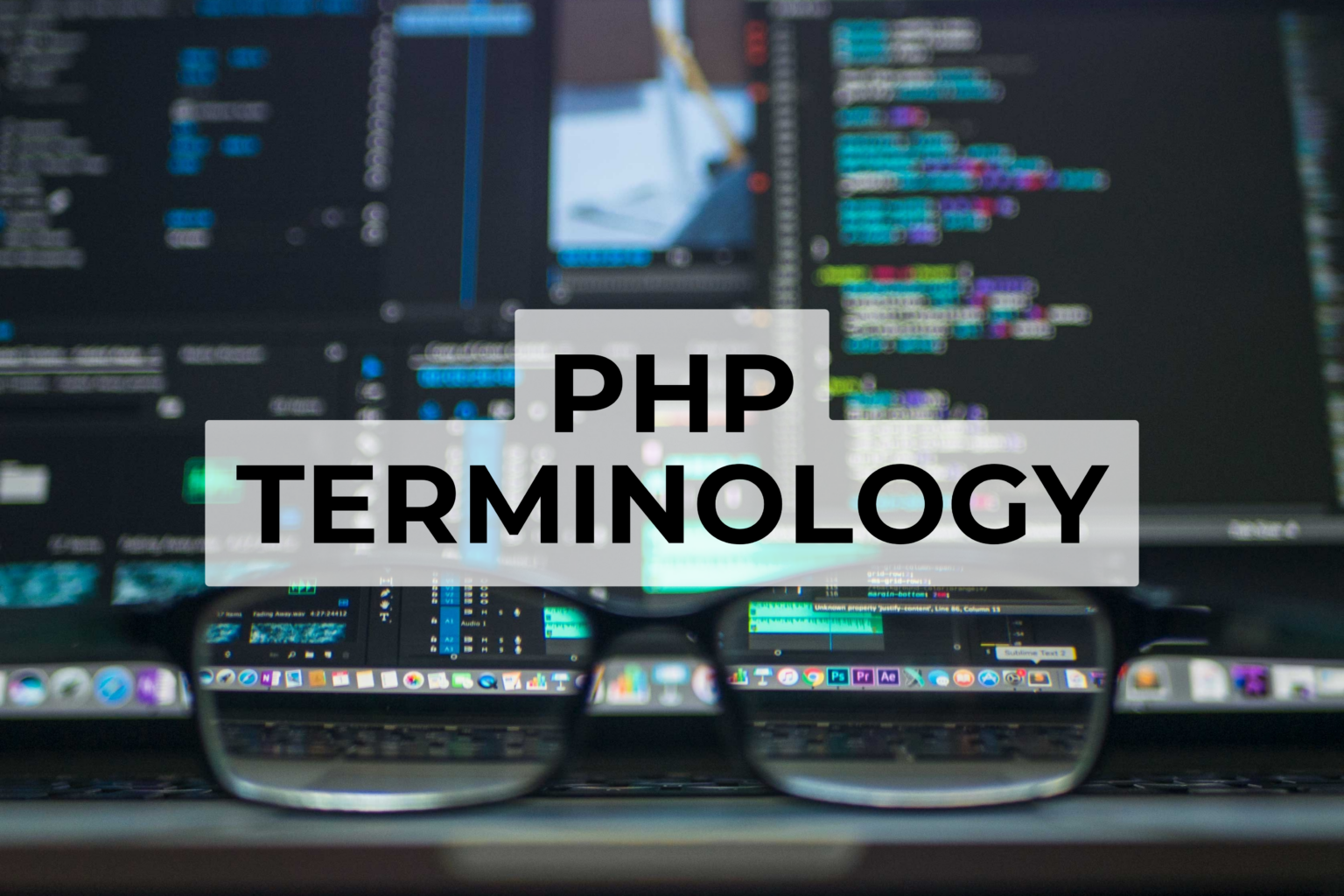PHP Jargon: Unfolding The Language of Code
During this exploration of PHP terms, we will pinpoint, define, and elucidate several common PHP terms:
- API: API, short for Application Programming Interface, provides a set of protocols used to build or interact with software applications.
- Autoload: A feature in PHP that enables classes or files to load automatically without explicit callouts.
- CLI: Command Line Interface (CLI) provides users with a text-based interface to relay commands to the software program.
- Config: Short for Configuration, these files consist of settings for elements like servers, software programs, and applications.
- Callback: Callbacks are a type of function in PHP that gets executed after a specific event occurs.
- Database: It is an organized set of data stored and accessed electronically.
- Entity: In PHP, an entity represents an instance of a model that can be set apart from the others.
- Handler: Handlers are codes that control the response to certain events in PHP’s user interfaces.
- ORM: Object-Relational Mapping (ORM) is a coding technique to convert between incompatible system types within Object-Oriented Programming languages.
- Repository: The Repository Pattern in PHP is a layer to separate data access from business logic.
- Interface: An Interface in PHP offers a blueprint of functions that a class must implement.
- Extractor: This in PHP is used to retrieve or “extract” specific data from a larger set of data.
- Factories: These are classes or methods in PHP used for creating objects, promoting code reuse and decoupling.
- Middleware: Middleware is a bridge that connects different components of an application and allows them to interact.
- Namespace: PHP namespaces help to encapsulate items such as classes, interfaces, functions, and constants to prevent naming collisions.
- Pagination: This is the process of separating print or digital content into discrete pages.
- Traits: Traits let PHP developers create reusable code in languages, such as PHP, with single inheritance.
- Loop: In PHP, a loop is a sequence control structure that repeatedly executes a series of statements.
- Closure: A Closure in PHP is an anonymous function that can capture variables from the surrounding scope.
- Polymorphism: Polymorphism in PHP allows methods to perform different things based on the object that is manipulating them.
Keep this guide handy as you navigate through your PHP journey. Remember, widening your jargon knowledge is vital to grow as a PHP developer.
Having a tough time with PHP coding or seeking expert advice on software solutions?
Be sure to book a free consultation with me today.






